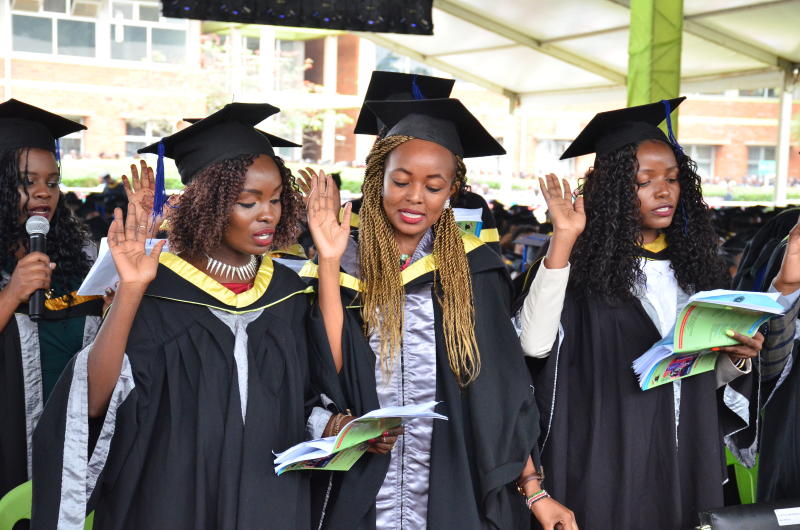×
The Standard e-Paper
Stay Informed, Even Offline

Narendra Raval has vowed to turn Egerton University into a financially self-sustaining institution.
Speaking at the institution in Njoro when he presided over the 40th graduation ceremony for the first time since his appointment in January, the university’s new chancellor expressed his commitment to making it a model institution.